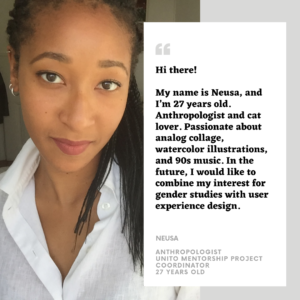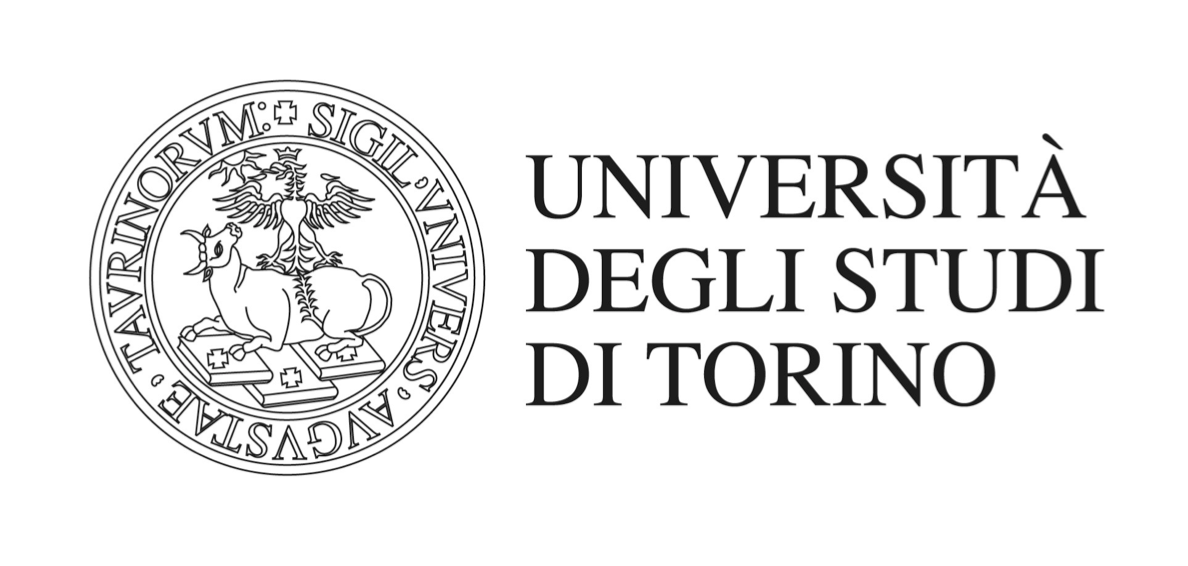Founded in 1404 by Ludovico di Savoia-Acaia, the University of Turin is one of the oldest and most prestigious universities in Italy. The University has a centuries-old history made up of important events and key figures in the socio-cultural landscape of our country. Erasmus of Rotterdam, Giovanni Giolitti, Primo Levi, Luigi Einaudi, Rita Levi Montalcini, Umberto Eco, etc. are some of the prominent personalities who have chosen Turin for their academic studies. UniTo’s main mission is to create, enhance and disseminate knowledge aimed to generate opportunities for the social, cultural, and economic development of the territory.
With over 77,500 students and 120 buildings in different areas of Turin and in key locations in Piedmont, the University can be considered a “city within a city”. The academic offer includes 27 departments and 155 bachelor’s, master’s, or 5/6 single-cycle degree programmes. Among those ones, there are 17 study programmes and curricula entirely taught in English, as well as 91 first and second level Continuing education programmes (Specializing masters), 35 PhD’s programmes and 53 graduate schools (Specialization courses).
The University also offers the opportunity to get access into the Scuola di Studi Superiori Ferdinando Rossi, the institution of excellence and higher education for University Studies that supports and integrates the academic path of students enrolled in all university degree programmes. Students and academic staff can take advantage of university accommodation and canteens, 22 libraries, 11 museums and archives, virtual tours, student organizations, events, and a Turin University Sports Center (CUS).
Today, the University of Turin is one of the largest Italian universities, open to research, training, and international dimension. It is an integral part of the local community, it acts for the revitalization of urban and suburban areas, promotes cultural interaction, social integration, and development, encourages dialogue and understanding of current realities.
Source: Comitato Mentorship Università di Torino
Here’s our mentors!







